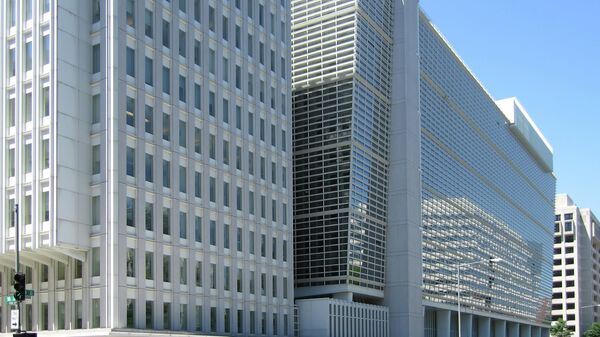"On aggregate, the region’s growth is anticipated to gradually strengthen to (a still modest) 2.6 percent in 2019, as fiscal austerity slows and consumer and investor sentiment and spending lift," the report said.
The World Bank attributed the projected recovery to a partial rebound in global oil prices, as well as the decision of the Organization of the Petroleum Exporting Countries (OPEC) to cap oil production.
OPEC struck a deal on May 25 with a Russia-led group of 11 independent oil producing countries to cap global oil output for six months.
"The green shoots of recovery are cropping up, helped by the recovery in global energy prices over the past year," said Nadir Mohammed, Country Director for the GCC Countries at the World Bank. "That’s good for public finances across the region, and providing space to governments to focus on long term challenges."
The report warned, however, that GCC growth could be undercut by unforeseen geopolitical developments or by non-conventional energy producers in North America.
"Any turbulence in global financial markets could affect funding costs for a region which continues to have large financing needs," the report added.
Aggregate GCC growth this year is projected to be the slowest in the region since 2009, at just 1.3 percent, according to the report.



